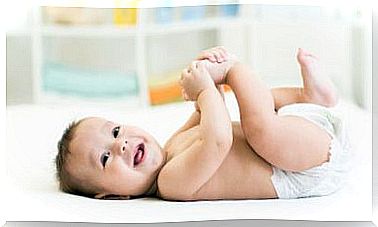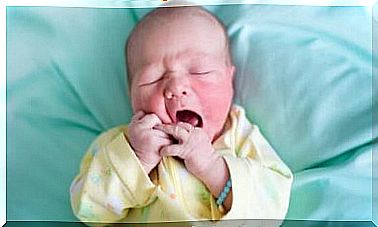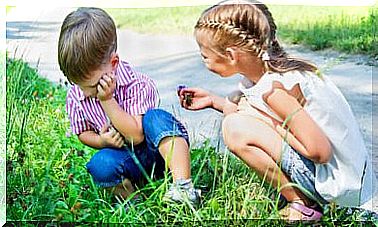4 Consequences Of Hitting Children
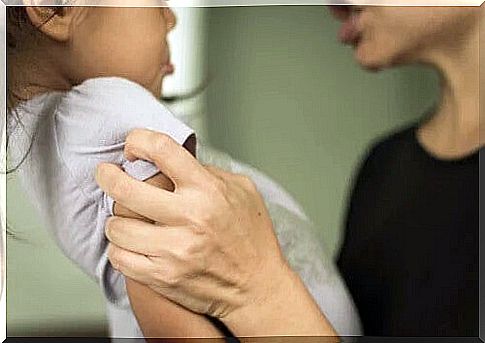
In previous generations, using corporal punishment to correct children was common and normalized. Even today there are those who believe that “A spanking in time is necessary” . However, several studies have confirmed that this type of parenting behavior seriously affects the psychological and emotional development of little ones. Therefore, we want to present the consequences of hitting children, in order to encourage the search for a more appropriate educational style.
Even within the scientific community, there has been some debate around this issue. Some authors claim that moderate physical punishment may be appropriate at certain times, while others have proposed permanently eliminating it in favor of other, more respectful parenting practices.
The reality is that it has been proven that hitting children (even if only occasionally and gently) can lead to a progressive increase in violence against them. And, in addition, in most cases, emotional damage is produced that, although it goes unnoticed, is difficult to repair. We’ll talk more about this below.
What are the consequences of hitting children?
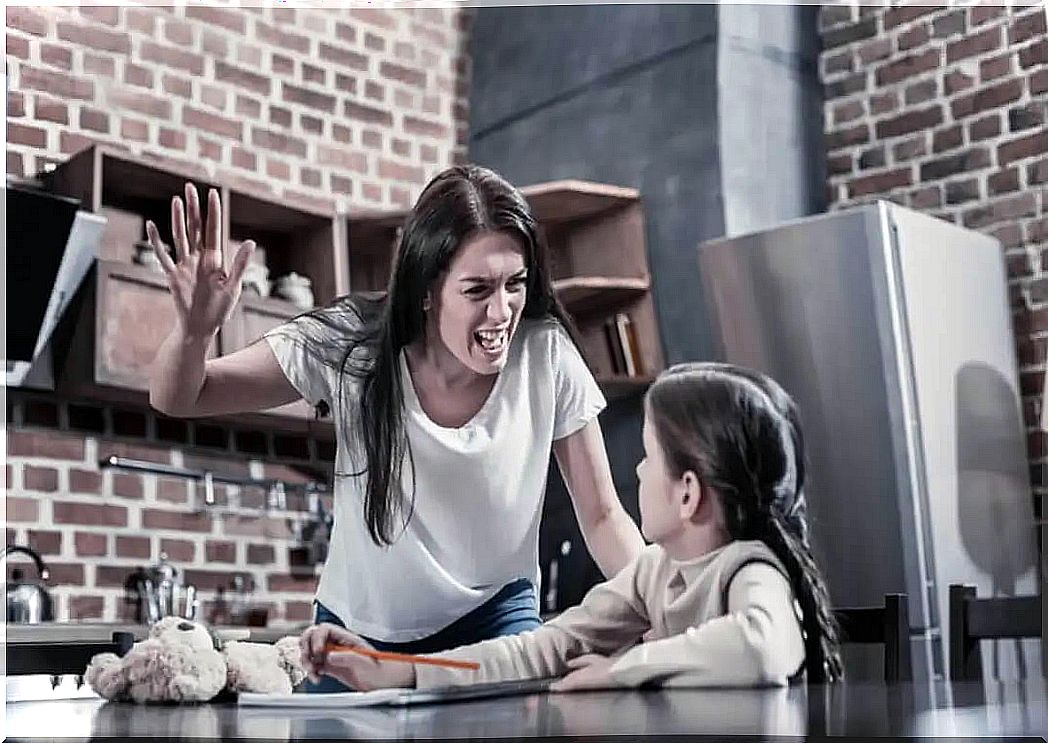
bad relationship with parents
Establishing a secure attachment bond with children should be a priority for every parent. This relationship should provide the little ones with affection and security and be based on trust, respect and communication. If corporal punishment is used to correct children’s behavior, the relationship between parents and children will be tense, hostile, and filled with fear and resentment.
While it may seem harmless, by hitting children we are not helping to make them perceive us as safe and loving reference figures. Therefore, the emotional distance will be greater and this will also affect trust and communication.
aggressiveness and violence
By hitting children, even if the intention is to educate them or guide their behavior, we are actually conveying to them the idea that violence is acceptable as a problem-solving strategy.
Normalizing aggression against other people, even within their own family, means that little ones can use it in their own relationships. Thus, not only do we increase the risk that children will be violent with their parents, but also that they will become adult aggressors, exerting this violence with their peers or their partners in the future.
Affects the development of autonomy
It is true that corporal punishment is often effective in the short term in correcting children’s behavior and getting their compliance. However, it is important to consider whether this is what you want with creation. The goal should not be to develop in the child a submissive, fearful or resigned attitude, but to guide and help him to become an autonomous and emotionally healthy human being.
For that purpose, hitting children is totally counterproductive. In doing so, we teach our little ones to follow orders to avoid consequences, but we ca n’t get them to understand their motives, develop their thinking, or acquire values and responsibilities.
Makes the acquisition of impulse control difficult
Impulse control is one of the fundamental learnings that children must acquire, and this is achieved through the example and guidance of the adults around them. By hitting little ones, we are showing our own inability to deal with anger, irritation, or frustration. Furthermore, we are representing an inadequate role model for our children.
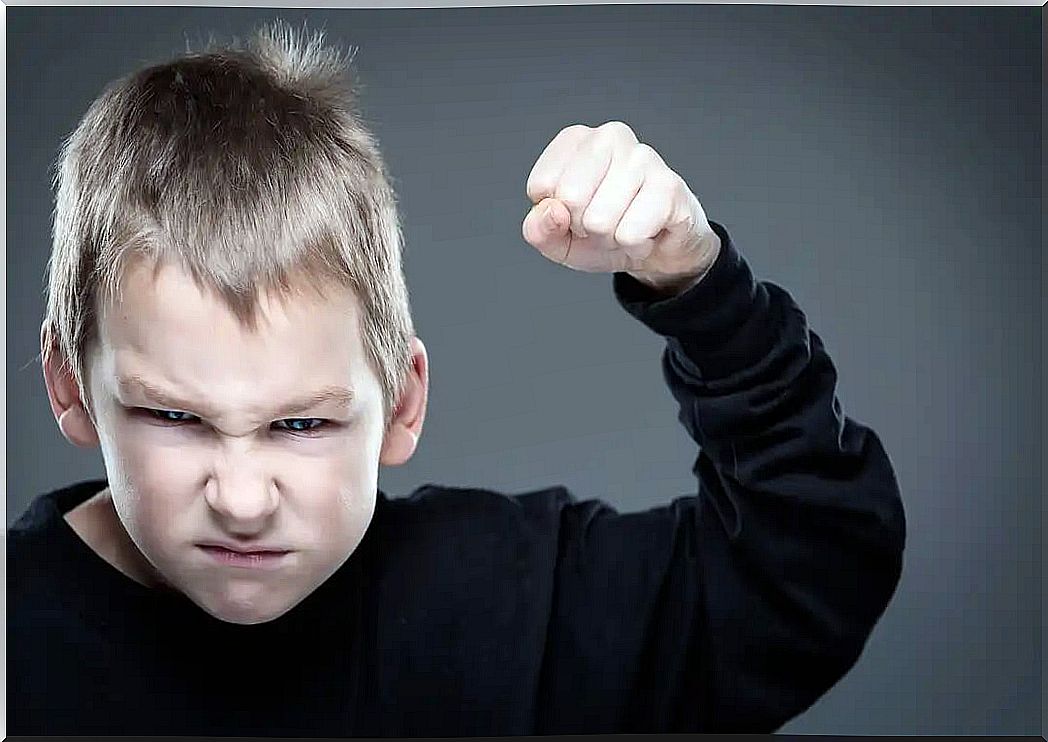
Likewise, reacting in this way does not allow us to accompany them in their own emotional regulation process. We don’t stop to understand their emotions and help them understand them, we don’t show them how they can regulate them and what appropriate behaviors they can implement. For this reason, it is likely that, as they grow up, our children will find it difficult to tolerate frustration and to relate assertively and empathically to other people.
Hitting children is harmful and unnecessary
Despite being aware of the consequences of hitting children, some people argue that this is the only way to correct their behavior, that they are too young to reason, or that they do not respond to other types of discipline.
However, it has been shown that children respond much better to affection, respect and patience. A child who feels loved and welcomed by his parents is much more willing to listen and collaborate than one who feels attacked.
This strategy requires more time, yes, it’s true. It implies being patient with the child’s processes, explaining, guiding and knowing how to manage one’s emotions. However, the reward is a happy, healthy, autonomous child with whom you will have an intimate and affectionate bond.

